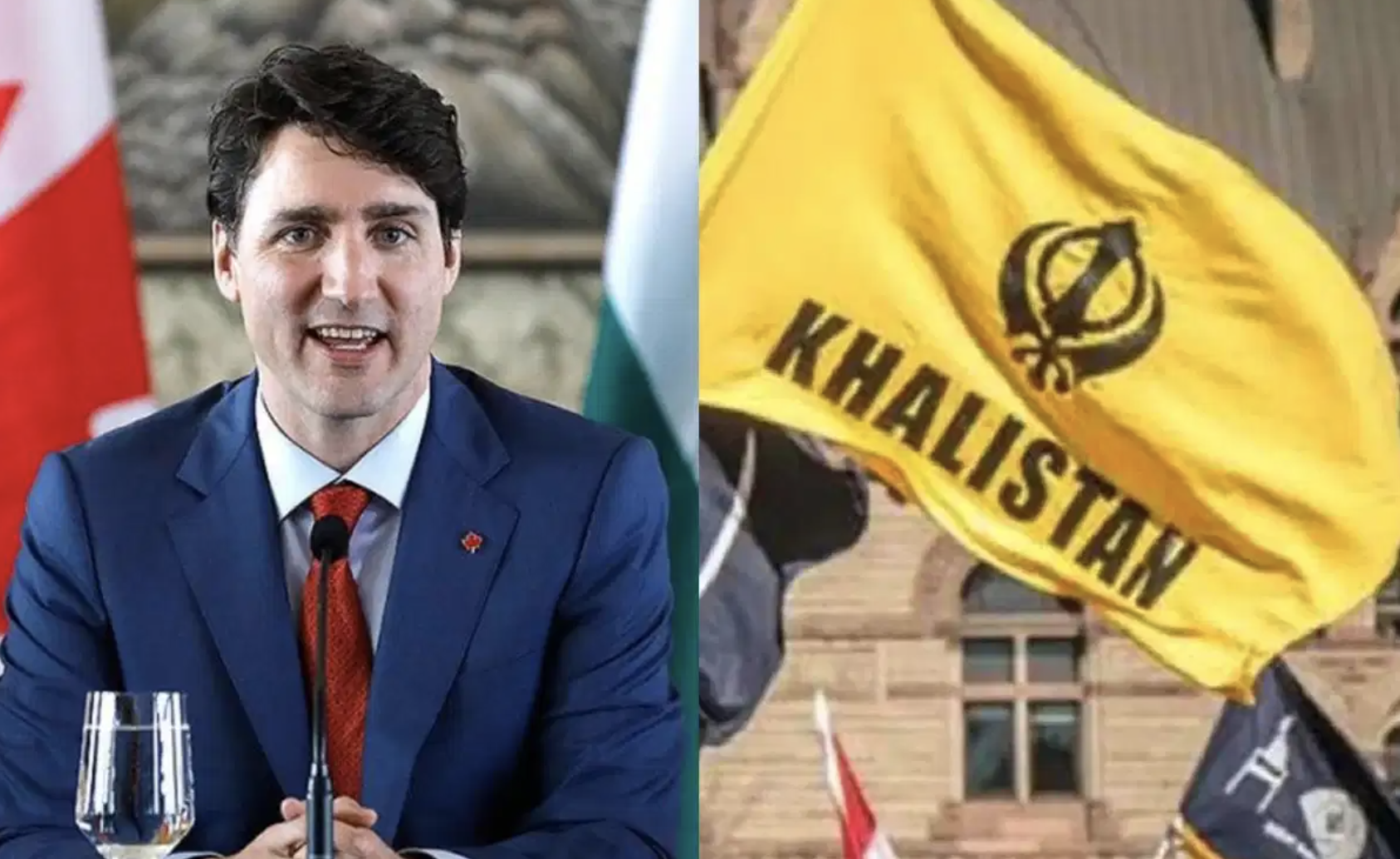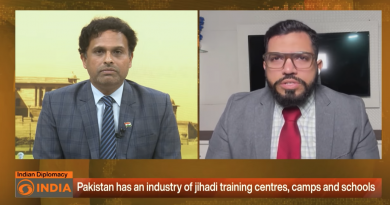Terrorism Unveiled: Canada’s Silence on Khalistani Extremists And Narcotics Networks
The Canadian government conveniently ignores these networks that fund terrorist activities.
The allegations made by the Canadian Prime Minister, which suggest Indian involvement in the death of Hardeep Singh Nijjar, have been met with skepticism and criticism. Many experts argue that these accusations lack credible evidence and appear to be a strategic move to divert attention from a more pressing issue—the presence of Khalistani terrorists and extremists in Canada.
The killing appears to be a result of inter-gang rivalry among terrorists and criminals involved in illegal activities such as arms and narcotics smuggling.
The Canadian government conveniently ignores these networks that fund terrorist activities.
It’s extremely important to take a closer examination regarding the allegations, the shelter provided to Khalistani extremists in Canada, and the dual standards displayed by the Canadian government in dealing with terrorists.
The Khalistani Threat in Canada
Khalistani extremists, seeking a separate Sikh state in India, have found shelter in Canada for years.
These individuals pose a significant threat to India’s sovereignty and security. Notably, they have not only engaged in separatist activities but have also targeted top Indian leadership, including political figures and law enforcement officials.
The activities of these individuals raise critical concerns for India, which have been conveyed to the Canadian government.
The Trudeau government, however, has failed to condemn these threats or take action against the Khalistani terrorists residing on their soil.
Canada’s Inaction and Double Standards
One of the most concerning aspects of this issue is the perceived inaction of the Canadian government in addressing the threats posed by Khalistani extremists.
Despite India’s concerns and the tangible evidence of extremist activities, the Canadian government has failed to condemn these threats or take substantial action against the individuals responsible.
This has raised questions about Canada’s commitment to combating terrorism and upholding the “Rule of Law” within its borders.
Double standards become apparent when comparing Canada’s approach to terrorism on its own soil with its response to terrorists based in other countries.
The lack of a coherent and consistent stance on dealing with terrorism can have far-reaching consequences, including diplomatic tensions and implications for international security.
Political Fallout and Canada’s International Standing
The controversy surrounding the Canadian Prime Minister’s allegations has not been without political repercussions.
Canadian politicians are beginning to distance themselves from Prime Minister Trudeau on this issue, recognizing the potential negative impact on Canada’s diplomatic relations, especially with a significant global player like India.
Accusing India without credible evidence for domestic electoral benefits is seen as a risky move that could damage Canada’s international standing.
The Lack of International Support
Canada’s allegations against India have not garnered support from its allies, including the United States and the “Five Eyes” intelligence alliance, an intelligence alliance comprising Australia, Canada, New Zealand, the United Kingdom, and the United States.
This lack of backing further diminishes the credibility of the claims and underscores the need for evidence-based diplomacy.
While baseless accusations may serve short-term political goals, they can have long-lasting consequences for diplomatic relations and international security.
It is imperative for nations to address terrorism and extremism based on credible information and evidence, rather than making baseless claims that could harm international relations.



